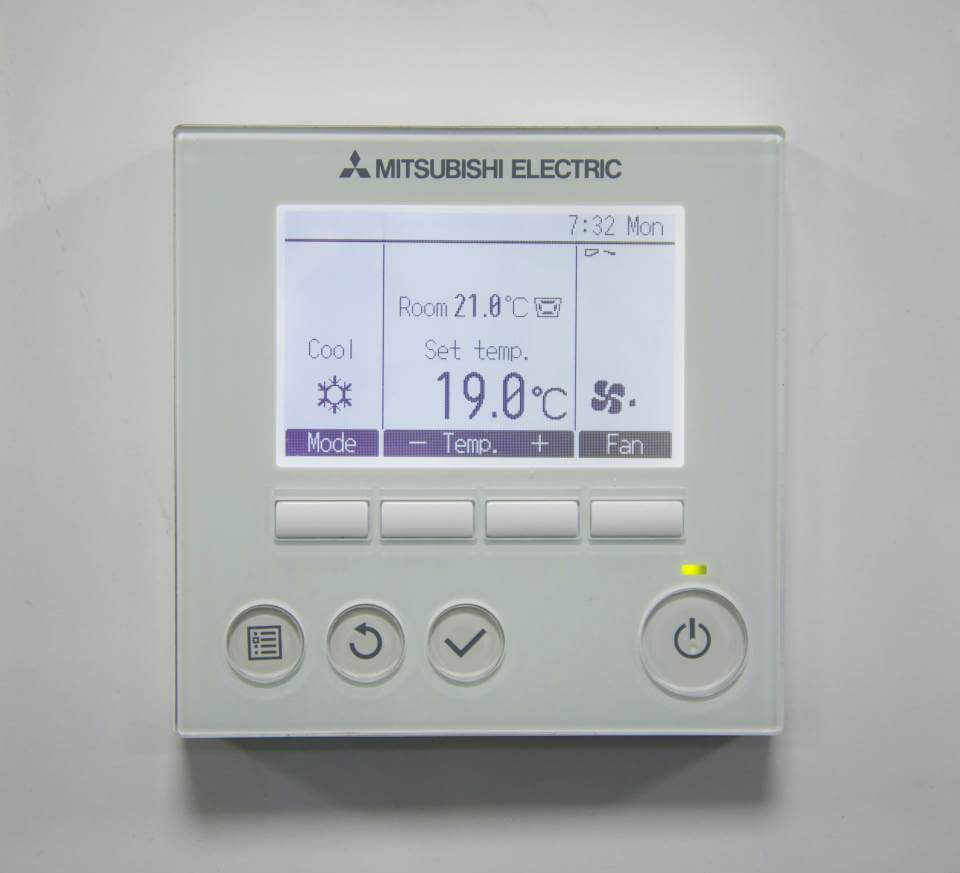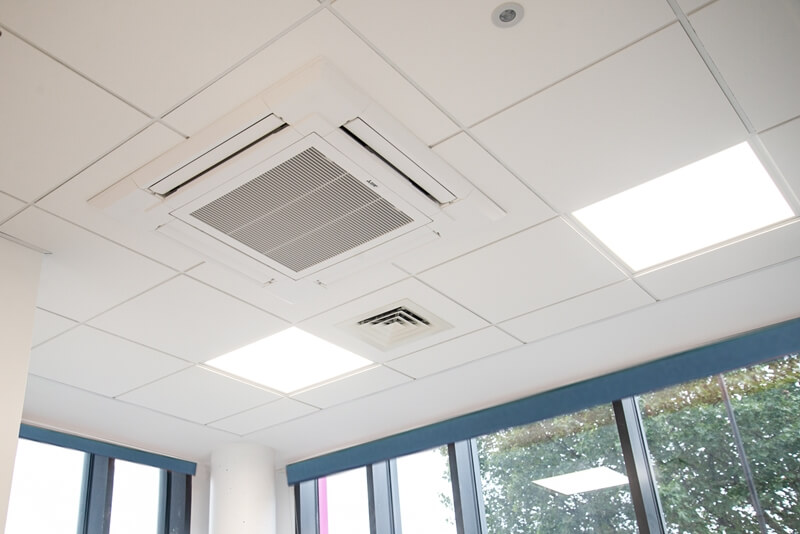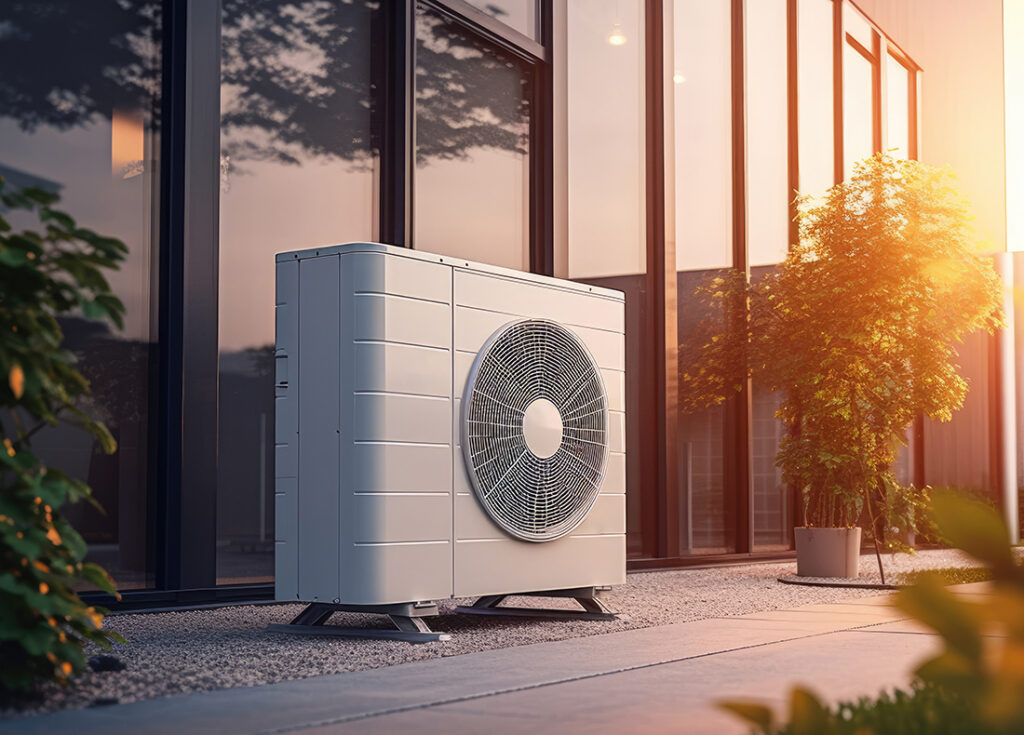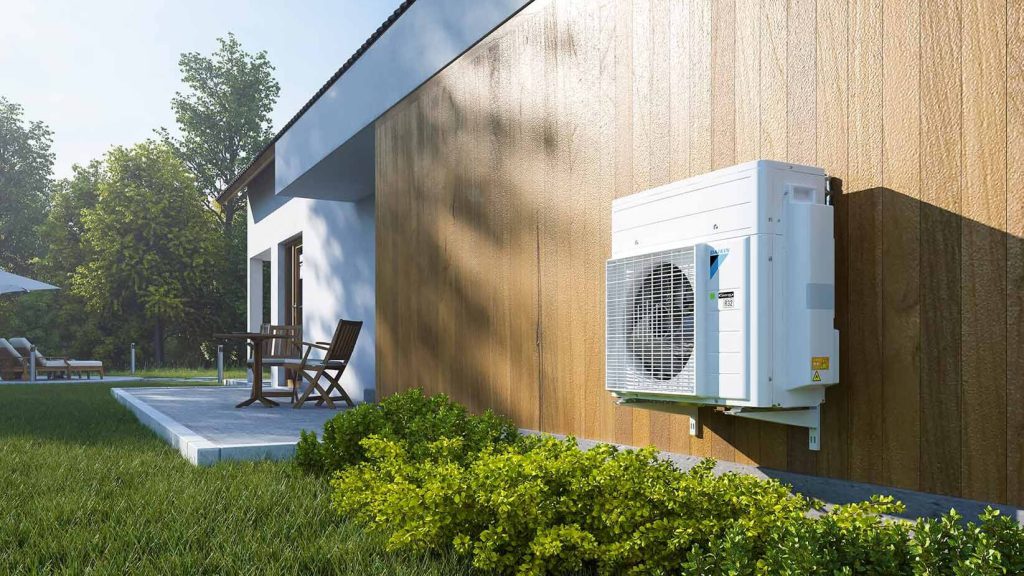Air Conditioning Service – Ensuring Your HVAC Works Efficiently and Effectively
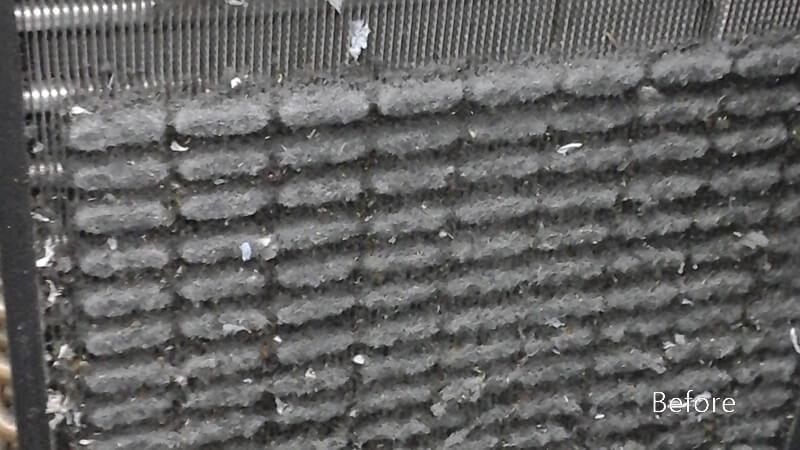
Estimated reading time 11 minutes
Even during a pandemic an air conditioning service is very important in ensuring that your HVAC system continues to work seamlessly, without issue.
It’s also important as we move through the colder spring months of March, April and May and onto the warmer summer months of June, July, and August that your air conditioning service is carried out. Changes in outside temperature affect your air conditioning as it has to change from heating to cooling your building, office space, restaurant, school or gym. It’s this change that can highlight issues with your HVAC – from strange noises and funny smells within your system, to thermostat issues to leaks and error codes to your air conditioning having to work harder than it should normally do. Instead of waiting for this to happen it’s better to have planned preventative maintenance scheduled to check your system and head off any potential problems.
When companies make the decision to put planned preventative maintenance in place one of the most asked questions we hear is “What happens during an air conditioning service”? In this article we outline what an air conditioning service entails and what you can expect from Synecore.
Your Air Conditioning Service
A typical air conditioning service consists of a variety of tasks carried out by a professional HVAC engineer who will fully inspect your system to ensure it is working correctly and is fully up to the task of heating or cooling your business premises without interruption. Each service may vary depending on what is found and where there are faults but the list below gives a good overview of what you can expect when your Synecore HVAC engineer is on site to do your air conditioning service.
Visual Inspection
The first step of the air conditioning service is to carry out a full visual inspection of your HVAC system. This can help to highlight any potential issues.
If you don’t inspect your HVAC on a regular basis the first time you may find there is an issue is when your system breaks down. Rather than it being a simple fix the problem may have escalated into a major issue and you may find yourself with a large repair bill.
Regular maintenance can help to keep your air conditioning working efficiently and effectively as well as prolonging its life. All equipment loses some efficiency over time however according to a Samsung report “With regular servicing a unit will maintain up to 95% of its original efficiency. This means that the cost of a regular service is quickly recovered in savings on your monthly electricity bill and in reduced repair costs.”
The visual inspection includes looking at the thermostat, all electrical components, supply registers and return vents; condenser and evaporator coils; condensate drain, all lines and coils and exposed ductwork. Any issues are then noted and further investigated to determine what the problem is and to find a solution.
Control Panel, Thermostat and Sensors
The control panel, thermostat and sensors are the “control centre” of your air conditioning system. They control the temperature of the room(s) within your business space. The temperature that is set on the thermostat should be the temperature within the room(s). Any discrepancy between the two may indicate a control panel, thermostat or temperature sensor fault.
If you find that your air conditioning is “short cycling” i.e. turns on and off rapidly or runs almost nonstop and never seems to complete a full cooling cycle, the space seems warmer or colder than the temperature set, or you suddenly experience a cooling system failure it may be due to a faulty thermostat. This may also be caused if the sensor isn’t working correctly and you may find it cycles on and off at random or erratic intervals. Control panel, thermostat and sensor issues can also have an impact on the longevity of your HVAC system and significantly drive up the cost of your energy bills.
The air conditioning service will look for any issues within the control centre of your HVAC and address any problems that are found.
Electrical Connections
As with any complex electrical equipment your air conditioning system has numerous electrical connections which must all work to keep your air conditioning system working efficiently. Over time air conditioning electrical connections can come loose, fray, become damaged or break which can lead to a breakdown of the system.
Your air conditioning service will check whether there are any damaged, frayed, loose or detached wires and replace any that look in need of repair.
Ductwork
The ductwork in air conditioning systems forms part of the ventilation system which delivers and removes the air to heat or cool your building. In order for your HVAC to work as it should the ductwork needs to be properly maintained.
Air conditioning ductwork can become damaged through normal wear and tear. An air conditioning service will look for gaps in the ductwork or holes and connections that become loose over time. Any gaps, loose fittings or holes that are found should be properly sealed to ensure there is no air leakage. Any gaps or holes will make the system inefficient which could also potentially lead to your air conditioning system failing as the system tries to maintain good airflow while there is air leakage within the system.
Your air conditioning service will also look at the cleanliness of the ductwork as any dust, dirt, pollen etc. which is left to accumulate can lead to other issues including poor air quality, mould build up, smells and loss of efficiency.
Lubrication
Your air conditioning system is made up of a number of moving parts including the fans, the fan motor and the compressor. Making sure these parts are kept lubricated is a vital part of any air conditioning service as lubricant helps to prevent any stress, friction, wear and tear and heat between the various moving parts within the HVAC. Lubricant does this by forming a film between solid surfaces which helps them to move easily, extending the life of your air conditioning system.
Fins
Air conditioning fins protect your air conditioning unit from debris and allow air to flow through and away from the unit to keep the air conditioning system running efficiently. Your air conditioning system has two types of fins: condenser fins and evaporator fins.
The condenser fins can be found on the exterior part of the air conditioning unit near the compressor. The evaporator fins are located inside the interior of your air conditioner around the evaporator. These fins need to be kept clean to ensure good air flow. Your air conditioning service will check the fins and clean them of any dust or mould as required.
Filters
As with the fins the filters within your air conditioning system play an important role in keeping your system clean and ensuring quality air flow. If your HVAC is working correctly the filters within the system will become dirty as the prevent dirt and dust from entering your HVAC. If the filters are not cleaned or replaced regularly, dirt, dust, grime, pollen etc. will build up and the filters will ultimately become clogged. If this happens your air conditioning has to start to work harder to maintain the set room temperature and keep the air clean and will stop performing as it should. Inspecting and changing the filters is an important task in your air conditioning service.
Evaporator and Condenser Coils and Condensate Drain
Your air conditioning system consists of evaporators and condensing coils. The coils are where heat transfer takes place. The evaporator coils take the heat from the outdoor air and the condenser coil releases the heat into the outdoor air. If dust is allowed to build up it can result in the coils becoming clogged reducing the efficiency of the heat transfer process and air flow, decreasing the cooling leading to increased operating temperatures, reduced efficiency, increased energy consumption and reduced air quality. Dirt and grime can also result in wear and tear on the system and reduced life expectancy.
The condensate drain allows the air conditioning system to properly drain liquid condensate. If this drain becomes clogged it can lead to an obstruction in the flow of water from the system and can cause an increase in moisture to accumulate. If moisture is retained within the air conditioning system it can cause water damage, mould can potentially grow, increased humidity levels and poorer air quality can result.
During an air conditioning service dust and debris from the evaporator and condenser coils is cleaned. The condensate drain is also cleaned to get rid of any dirt and mould build up around your drain line. Part of the service also includes checking that there are no cracks or holes in the condensate drain pain and repairing any issues found.
Refrigerant Levels and Leaks
Air conditioning systems need refrigerant to work. Without the right amount of refrigerant the system will not work efficiently as the compressor has to work harder to maintain the set temperature. Eventually a lack of refrigerant can cause damage to the system.
A decrease in refrigerant levels is usually a very good sign that there is a leak as refrigerant levels are maintained within the system. Leaks most commonly occur from the evaporator coils, condenser coils and refrigerant lines and any leak is very serious. In fact if you suspect you have a refrigerant leak you must call a professional air conditioning engineer.
It’s vital to identify how refrigerant is escaping and once the leak is identified and repairs are carried out any lost refrigerant should be replaced.
System Testing
As part of the overall air conditioning service and sign off of your HVAC system, once the system has been fully serviced it is tested to ensure all issues have been addressed, if there were any, and the system is working efficiently. You will then be issued with a report detailing the work that has been carried out during the service.
How Often Should An Air Conditioning Service Be Carried Out?
How often your air conditioning needs to be serviced will depend on a number of factors including the type and size of your system.
You will also need to make sure that you remain F-Gas compliant, which is a legal obligation for any business that operates an air conditioning system with a CO2 equivalent charge of 5 tonnes or more e.g. your system needs to be checked at least every 12 months for 5-50 tonnes and above; at least every 6 months for 50-500 tonnes and above and at least every 3 months for 500 tonnes and above.
Air Conditioning Service / Planned Preventative Maintenance
An air conditioning service / planned preventative maintenance (PPM) is a wise investment when it comes to air conditioning systems. By having regular checks in place you can detect and deal with all of the issues outlined above before they become major problems. Without a regular air conditioning service small issues can develop into larger issues which can end up in being costly repairs and in some cases the need for replacements as well as the likely downtime your HVAC system will suffer from.
Synecore
Synecore offer air conditioning service / planned preventative maintenance packages to suit your air conditioning system. We cover Kent, London and across the UK. Our maintenance projects are overseen by an experienced project manager so you know you are in good hands.
As a PPM client you’ll receive high priority status should your air conditioning suffer a system breakdown. An engineer will be on your site within hours and your equipment we will make sure that your system will be back up and running as quickly as possible.
Also included in our air conditioning service PPM package is compliancy with F-Gas regulations and TM44 certification.
Gary Piper from Synecore explains: “Keeping your air conditioning system well maintained is not difficult, especially with Planned Preventative Maintenance Schemes, such as ours, where the air conditioning system is regularly serviced, cleaned, checked for leaks and tested. Most importantly these under-maintained systems could be a sign the hotel is not fulfilling its legal obligations of remaining F-Gas compliant and they possibly do not hold an up-to-date TM44 assessment.”
If you would like to learn more about how to keep your air conditioning system in top shape, through a PPM, please contact Synecore on 01795 509 509. Our team will book an appointment for one of our engineers to visit your site and discuss your options.
